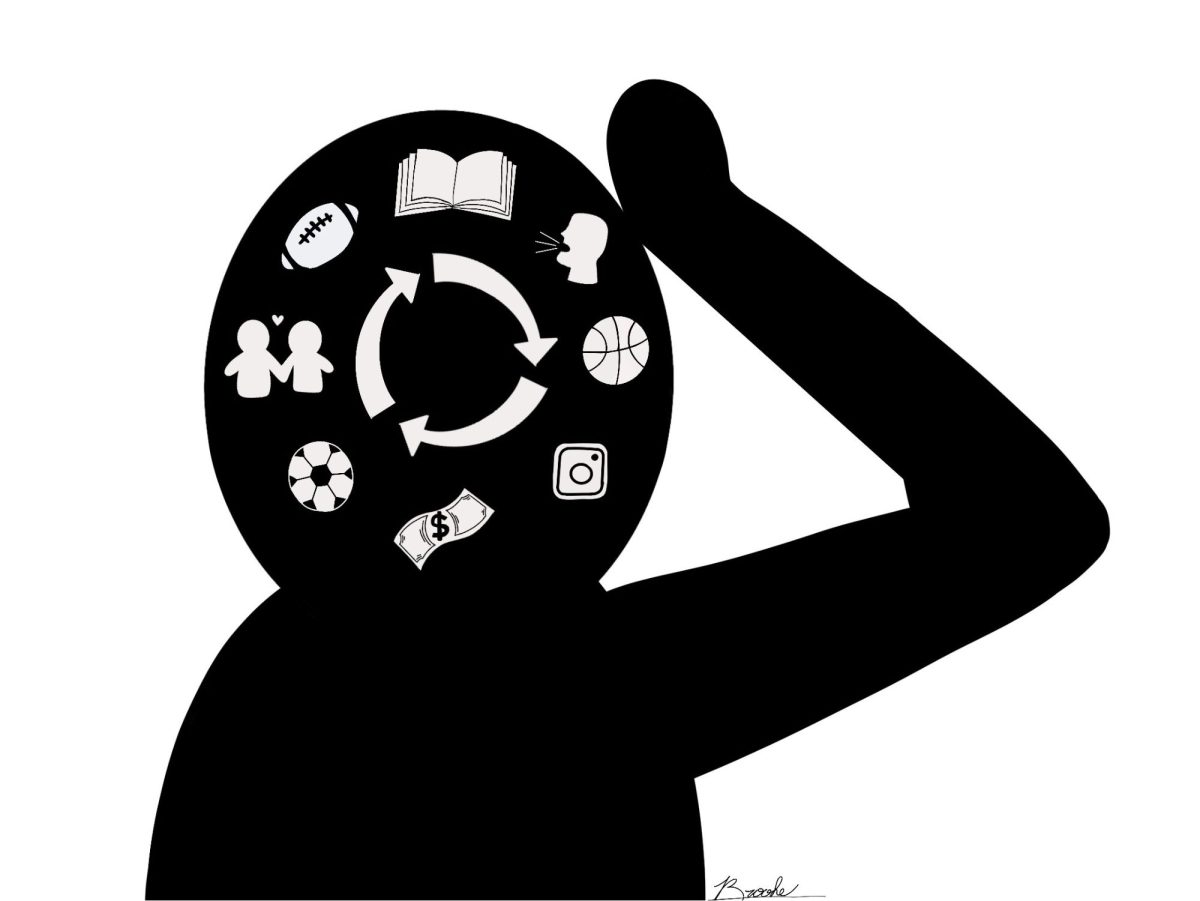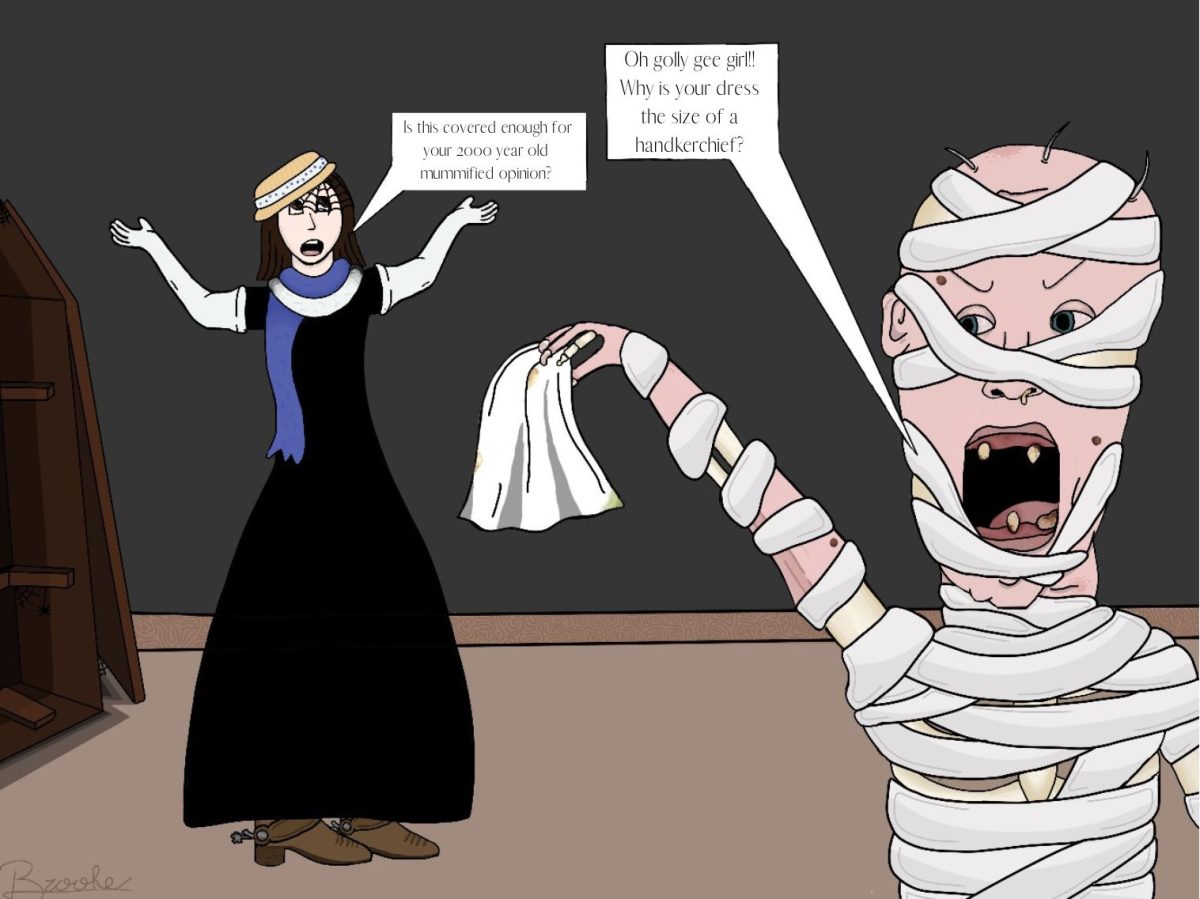A few days ago, I was working on a college application for Columbia University in NY, one of the most sought-after schools of preppy students across the country. The main supplemental essay prompt for the university application was a classic, “Why Us?,” urging me to articulate the reasons why I so desperately wanted to attend that school. As I reviewed my drafted response, I realized I had nothing unique to say about the school. Retrospectively, I found it bizarre that I only started doing research on the surrounding campus, student life, and academics AFTER I had already made the decision to apply.
Mulling over the question in the application prompt, I realized there was only one legitimate reason I wanted to attend Columbia: prestige. I hedged the entirety of this four-year commitment on a generic college ranking list produced by USNews. While it sounds like a foolish approach to a pivotal life decision, I know that there is an increasingly overwhelming wave of students across the country choosing their educational path the same arbitrary way as me.
To make matters worse, the nature of competitive college applications themselves amplify the blowback from some student’s reckless decision-making. Early-decision applications are a form of legally binding admissions that most, if not all top universities offer; these ED applicants are offered a chance in admissions rate, sometimes triple, in exchange for legally committing to the university of enrollment. For students looking for an extra admission edge to their dream college, this system can be a godsend. Yet, it often traps naive and wide-eyed college freshmen in institutions which they actually grow to loathe.
Competitive high school students increasingly fail to realize that prestige does not equate to life satisfaction. It is unrealistic to believe that a better college experience can somehow coexist immense academic pressures in top universities. The idea that your experience in higher education will be better- within a petri dish of 99th percentile students throughout the country – is absolutely ludicrous.
When the pressure increases even further in these hyper-competitive institutions, one of two things happen: a student burns out into a piece of coal, or is formed into a diamond. The rising suicide rates at many top univerisites lend creedence to the idea that lumps of coal are the more common outcome. There is a bright side to this issue; this situation can be avoided with a simple perspective shift. Let go of the idea of prestige, and zoom out to find which path is really best for your development.
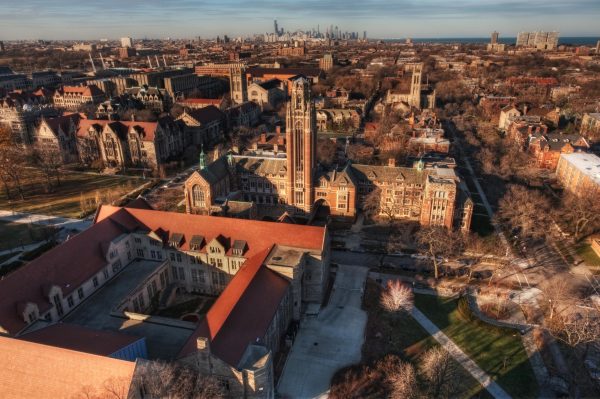
Academically gifted students with anxiety about college admissions need to realize one thing: there is not one straight path to success. While having a top-quality education can certainly make aspects of career progression easier, it is far from being a requirement. As a first-generation college student of an immigrant, I can personally attest to the fact that success is very possible without formal education or a university degree. Students just need to be courageous enough to seize the opportunities they have available to them.
Those still vying for spots at ivy league colleges actually need to consider what they want in their experience beyond a decadent reputation and academic renown. Practically speaking, the differences in education quality between top universities is nearly insignificant; there is no reason anybody should believe that their life will take a dramatic turn if they choose to learn calculus at Harvard instead of a state university. Students ought to put more weight on aspects of college that are more conducive to a fulfilled lifestyle.
The new approach to college admissions I would recommend to every student is to actually review, visit, and evaluate a college before deciding to apply. Look beyond the surface of the institution you are applying to, and do not fight through a competitive admissions process just to sentence yourself to four years in prison. Find information about the climate, surrounding town, local events, student population. Determine if your college has an environment where you won’t just exist, but where you will thrive!

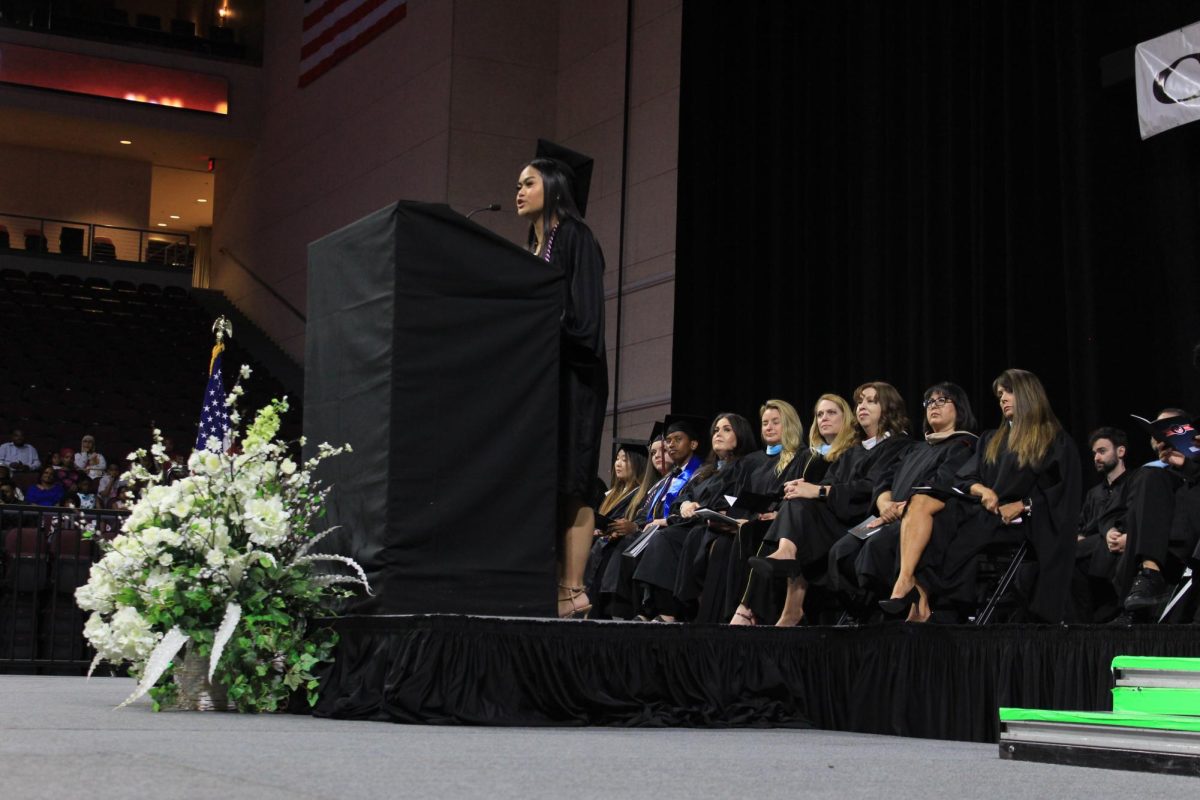





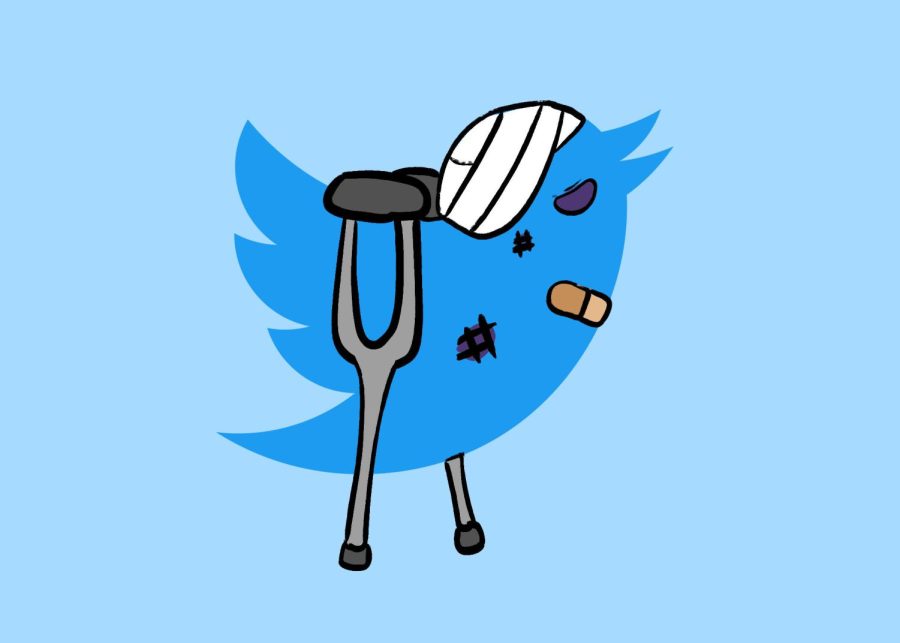
!["I will be attending Trunk or Treat [for FCCLA]" junior Crystal Li said. "We're gonna use Mr. Harbeson's car, and we will be [hosting three different activities]."](https://southwestshadow.com/wp-content/uploads/2025/10/IMG_0980-1200x900.png)





